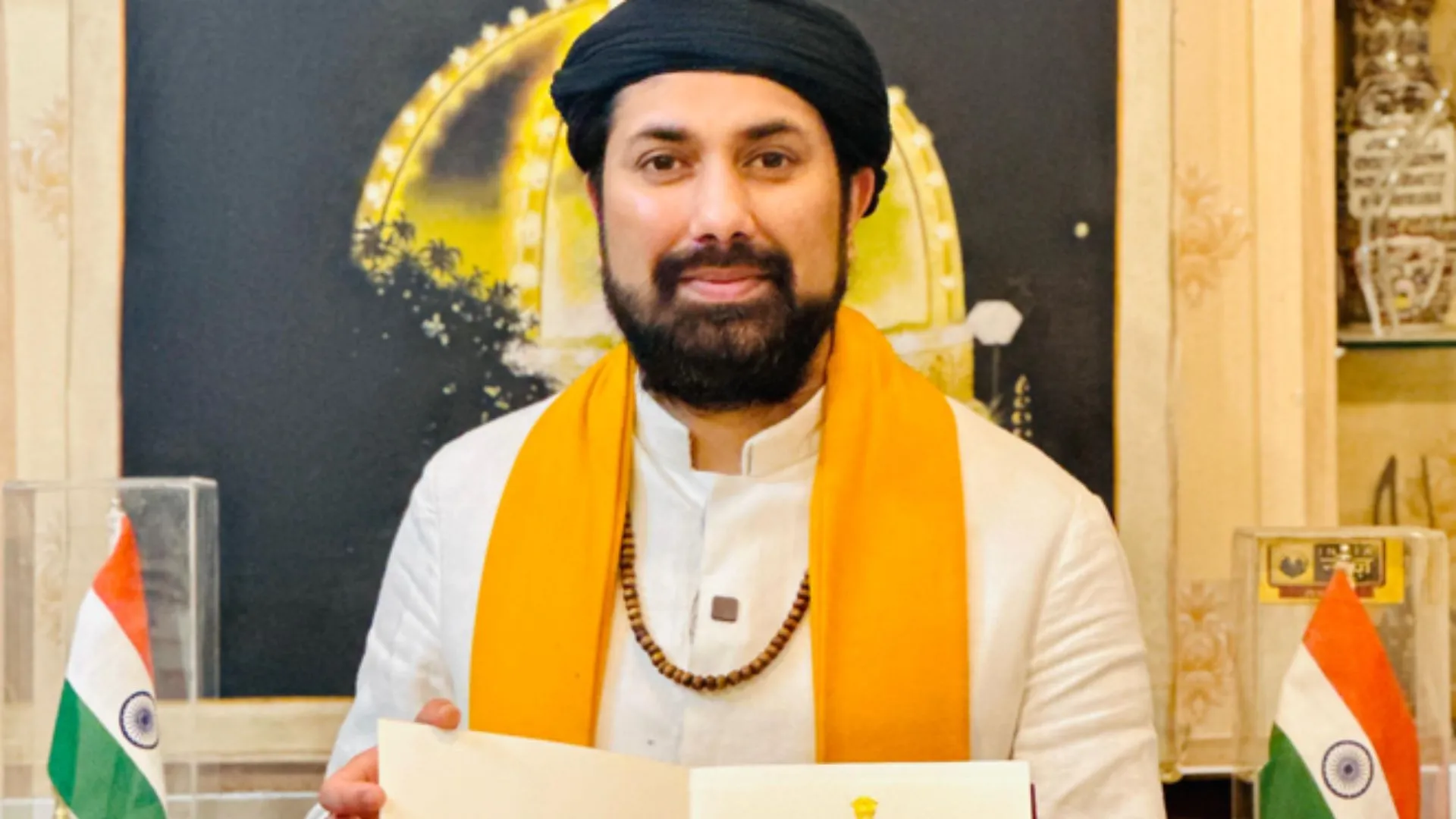With Donald Trump securing victory in the 2024 presidential election, his return to office could have far-reaching implications for the high-profile criminal cases against him. Back in the White House, Trump regains presidential privileges that may shield him from legal consequences during his term, likely leading to delays or even dismissals in several significant cases. His situation marks a unique moment in U.S. history, as no former president has ever faced such severe legal challenges while in office.
Over the past year, Trump has contended with four major cases across both federal and state courts. However, his newly reinstated presidential status could shift the course of these trials, potentially delaying or halting them until he leaves office.
1. The Hush-Money Case: Could Trump Face Life Imprisonment?
One of the most pressing cases against Trump is his New York trial involving hush-money payments. In May, a jury in New York convicted him on 34 felony counts of falsifying business records. These charges stemmed from a $130,000 payment to adult film actress Stormy Daniels ahead of the 2016 election. Prosecutors allege that this payment was part of a scheme to influence the election by suppressing scandalous stories.
The sentencing, initially scheduled for earlier this year, was postponed until after the 2024 election. Trump, now re-elected as president, is invoking a legal standard that grants former presidents immunity from criminal charges related to their official duties. A New York judge is expected to rule on Trump’s argument for immunity by November 12.
Jeffrey Cohen, a law professor at Boston College, explains, “A sitting president wouldn’t be forced to be incarcerated while they’re serving their presidency,” implying that if Trump’s argument holds, any sentencing may be deferred until he completes his term.
2. Presidential Authority Over Federal Prosecutions
Trump’s two federal cases—one involving classified documents and the other regarding alleged attempts to overturn the 2020 election—are among the most likely to face delays. Now back in office, Trump has authority over the Justice Department, which theoretically allows him to halt or dismiss federal cases against him. Special Counsel Jack Smith, who spearheaded the prosecution, may see his cases related to classified documents and election interference paused or abandoned altogether.
Trump’s legal power in these federal cases raises questions about executive privilege and immunity. While the Supreme Court has yet to rule on such matters, the Justice Department’s longstanding policy indicates that prosecuting a sitting president could disrupt the executive branch’s ability to fulfill its constitutional duties. This DOJ policy could result in indefinite delays for these federal cases, further complicating the legal battles ahead.
3. Georgia Election Interference Case
Another major case that may be impacted by Trump’s return to the presidency is the Georgia election interference case, where Trump stands accused of pressuring state officials to alter the 2020 election results. The case, overseen by Fulton County Superior Court Judge Scott McAfee, has already encountered jurisdictional issues, with the judge dismissing two charges for lack of jurisdiction.
This case has also faced challenges with District Attorney Fani Willis, who has had to recuse herself from certain parts due to professional relationships with an outside attorney. While these issues have slowed proceedings, the case still looms as a significant legal challenge for Trump, though his new status as president may delay it further.
If the DOJ follows its policy against prosecuting a sitting president, the Georgia case, along with other federal election interference charges, may be postponed until Trump’s term ends.
4. The Legal Question of Self-Pardoning: A Constitutional Gray Area
A pressing question now centers on Trump’s potential use of a presidential self-pardon, a legal option that has yet to be tested. No American president has ever attempted a self-pardon, and the constitutionality of such an act remains uncertain. During his first term, Trump reportedly considered self-pardoning but ultimately refrained.
Legal scholars are divided on whether a self-pardon would withstand judicial scrutiny. Such a move could spark political and legal debates, potentially triggering a Supreme Court decision to settle the matter. However, if Trump’s DOJ dismisses the federal cases, the need for a self-pardon might become irrelevant.
5. Trump’s Immunity Argument and Potential Long-Term Consequences
Trump’s current legal strategy appears to lean heavily on claims of presidential immunity, especially for actions carried out while in office. Although the scope of presidential immunity remains a complex issue, Trump’s defense team argues that many of the charges against him could be invalidated or postponed based on this principle.
The implications of Trump’s immunity defense extend beyond his own cases. A successful assertion of presidential immunity could set a precedent, affecting how future presidents might be prosecuted or shielded from prosecution during their terms.
Legal and Political Uncertainties
Trump’s return to office places his criminal cases in a unique limbo, with delays and potential dismissals likely to reshape the immediate future of his legal battles. His re-election not only raises questions about presidential privilege and self-pardoning but also highlights broader constitutional uncertainties regarding executive accountability.
As Trump resumes the presidency, the balance between legal accountability and executive power remains in flux, posing significant challenges for the U.S. legal system. While his status may defer legal consequences, the eventual outcomes of these cases could redefine the boundaries of presidential authority in American history.






















